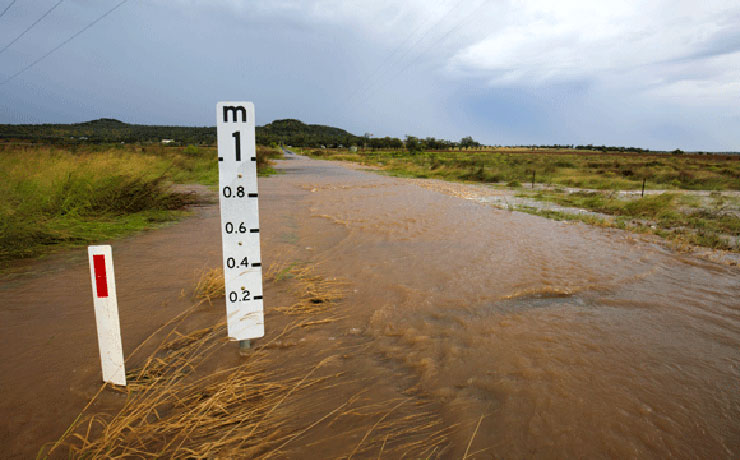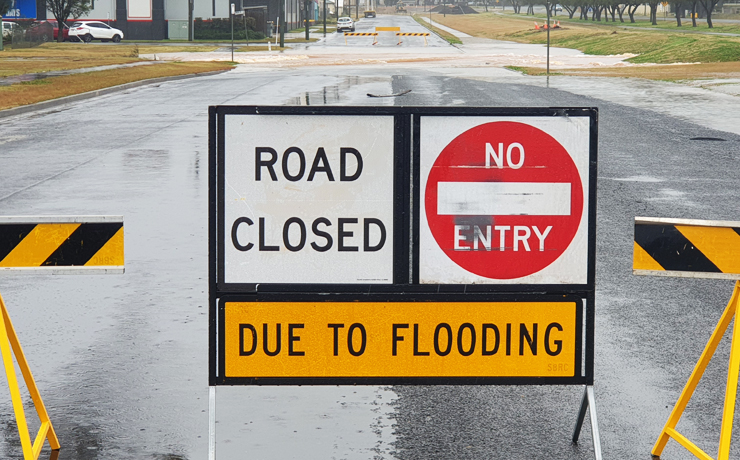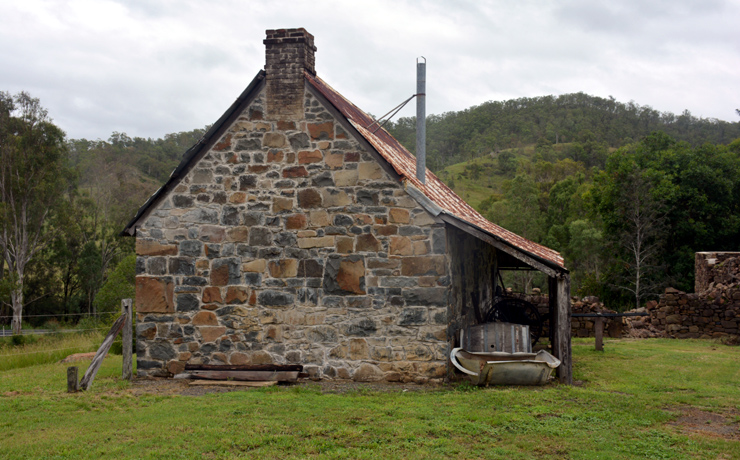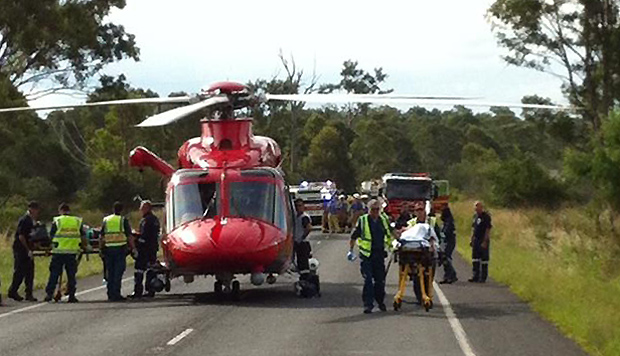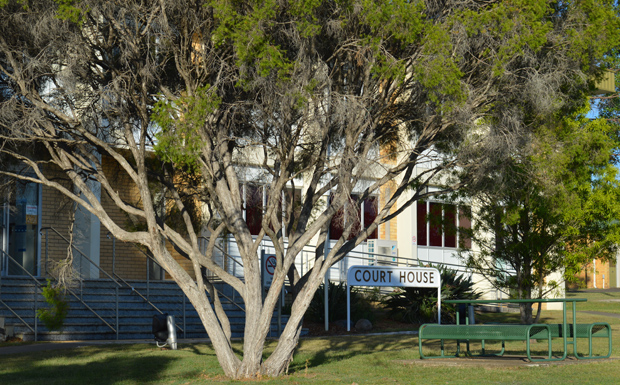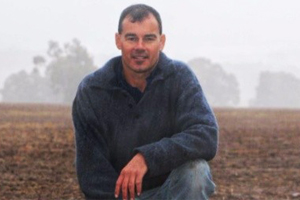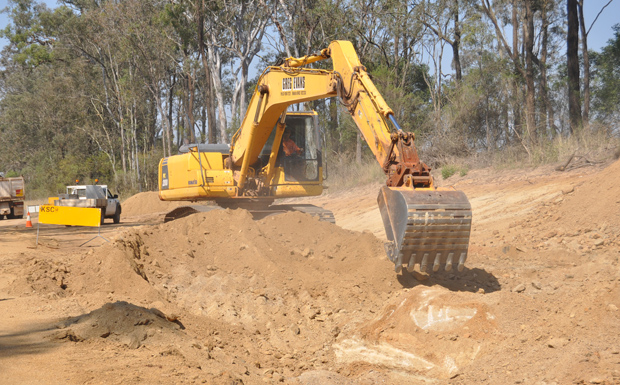
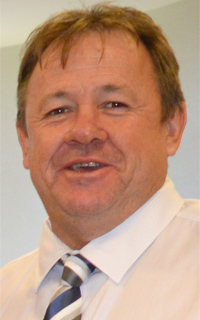
October 6, 2016
The South Burnett Regional Council will need up to three years to bring all the region’s roads to an acceptable standard, Cr Gavin Jones said on Thursday.
Cr Jones, who chairs the Roads Portfolio, said Councillors took a decision in this year’s Budget to postpone capital works projects so the SBRC could put more money into road maintenance.
And in the past six months, it had made also made several major changes to the way road maintenance works were being carried out, with the aim of getting better outcomes.
“Council has made a commitment for this term of office that roads will be a budget priority, and we are delivering on this promise,” Cr Jones said.
“The road levy was introduced because of a significant reduction in State and Federal funding, but more funds are needed to address the work required.
“I agree that the prioritisation of capital works over maintenance on roads up until now has been ordinary at best, but moving forward I would be very surprised and disappointed if this approach does not improve our roads dramatically.”
Cr Jones said the Council was responsible for a 3500km road network which included 1700km of gravel roads, and it prioritised all road maintenance work based on safety, road conditions and traffic volumes.
“This means that if two roads were in the same poor condition, they would most likely be prioritised differently,” he said.
“Our perfect scenario in the future will be to get on top of road maintenance and get the roads back up to standard. Then we can have one grader in each area all year round.
“But this won’t happen for at least another two to three years, because that’s how far Council is behind.”
Cr Jones said that since April, the Council had made significant changes to the way it delivered road maintenance.
One of these was an internal staff restructure so that supervisors living in towns now work in those towns.
“This change is generating savings in travel time as well as improving the quality of the job, because the supervisors have the benefit of local knowledge,” Cr Jones said.
The Council is also in the process of reviewing its fleet of utes and sedans, and has already reduced its fleet by eight units.
It is also sourcing more gravel pits in the region to achieve a substantial reduction in carting costs.
“We are keeping road crews in one area until we finish major works in that zone before we move to another area. This change should save a large amount in moving costs,” Cr Jones said.
“The staff working on the ground have my full support. In the past they have done what they have been instructed to do, but we are now encouraging these guys to give feedback because they know how to do the job”, Cr Jones said.
“The work our crews are doing now is much improved on what they had been doing and we cannot hide behind the ‘we have no money’ issue”.
To make further improvements, the Council has also begun an external efficiency audit of its roads and drainage operations.
“I have met with the person doing the audit and we have already identified some issues that can be easily fixed which will make a considerable difference to our roads and drainage maintenance, with more findings still to come,” Cr Jones said.
“We are asking for patience and not to judge us on what happened before the election. If you had issues with previous Councils, give us time as a new Council to implement change.
“If things haven’t improved in the next 18 months, I will take all criticism given to me because I haven’t done my job.”












